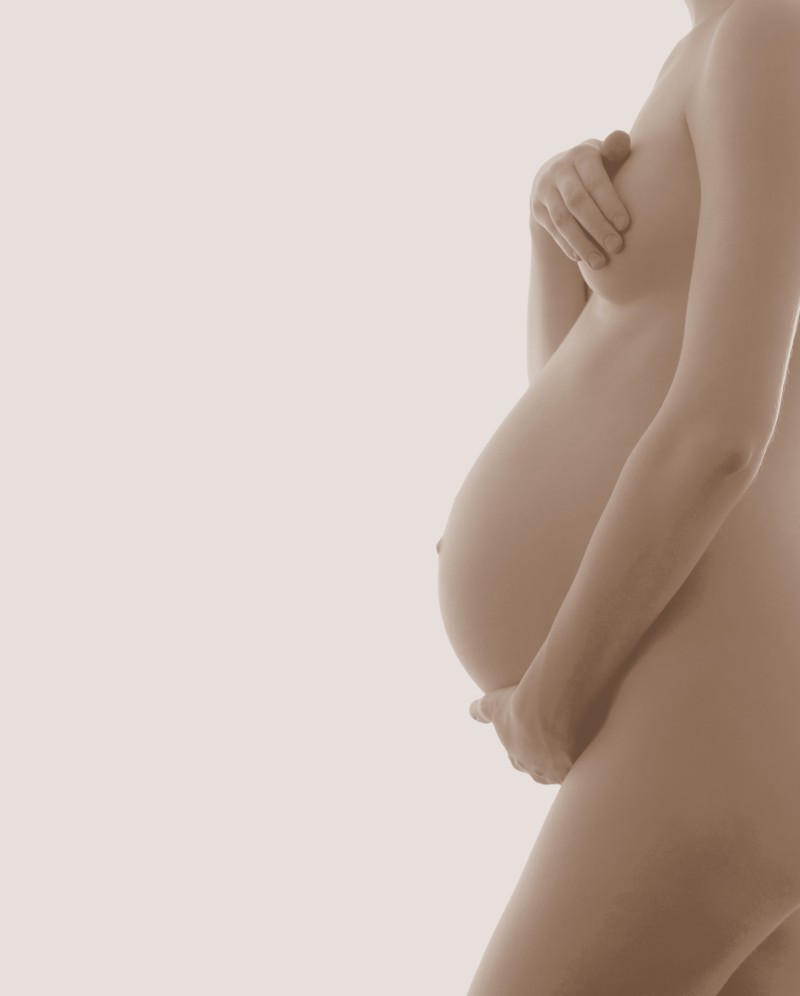Obstetrics

Pregnancy and childbirth are perhaps the most important moments in the lives of future parents. In most cases pregnancy and childbirth progress smoothly, without any complications, therefore parents should try to be optimistic and enjoy this unique period.
Advice on pregnancy:
Eat a healthy diet (having plenty of fruit, whole grains, vegetables, fish, lean meat etc.).
Exercise, after consulting your doctor.
Reduce stress in your life.
Protect yourself from infections. Wash your hands well and often, do not eat raw meat, raw fish, unpasteurized cheese etc.
Gain a healthy amount of weight (not too much, not too little).
Learn about the normal course of pregnancy and childbirth.
Talk openly with your doctor.
Proper medical monitoring during pregnancy, guided by the most recent guidelines, can further reduce the risks for both the fetus and mother, acting either preventively or therapeutically. Any such interventions help towards a safe and proper short- and long-term development of your baby. In case of complications during childbirth, the quick and correct response of the obstetrician is a decisive factor in the safety of both the baby and mother. High-risk pregnancies always require special monitoring.
During his 11-year stay in Germany, Georgios Gitas specialized in Obstetrics-Gynecology while working in level 1 Obstetrics Departments (i.e. handling all obstetric cases regardless of gestational age and degree of risk), gaining exceptional skills and a excellent experience in Obstetrics. At the Schleswig-Holstein University Hospital of Lübeck (UKSH), he was always on hand, 24 hours a day, ready to deal with complicated, very high-risk obstetric cases. Such examples include obstetric hysterectomies, extreme adhesions from previous caesarean sections, difficult vaginal operation deliveries, dystocia of newborn shoulders etc. As director of the Gynecological Center of Berlin’s University Hospital Charité Campus Mitte, he faced the most challenging obstetric complications.